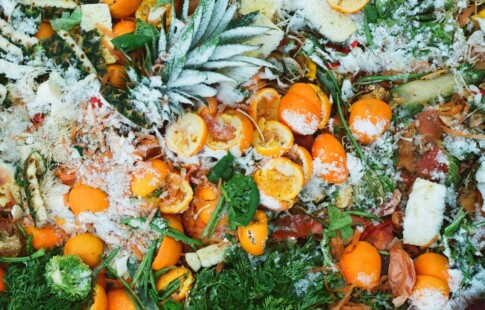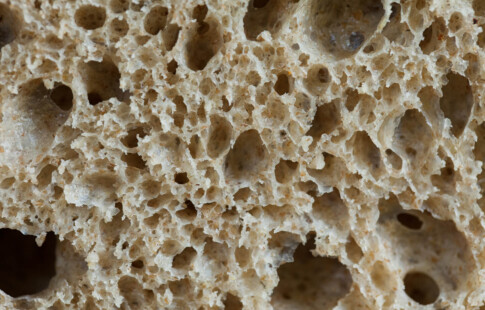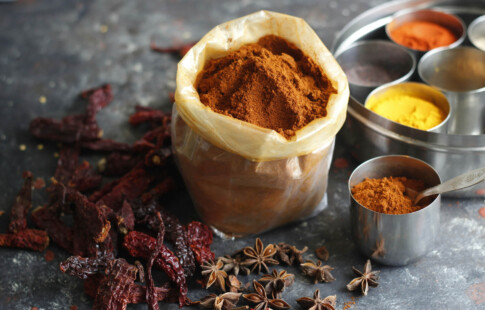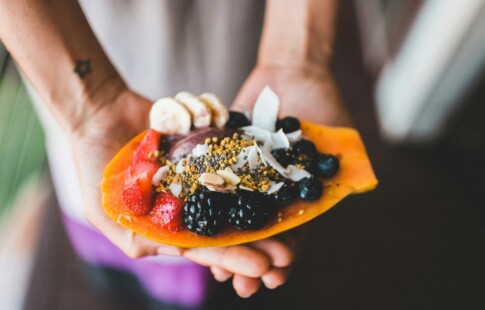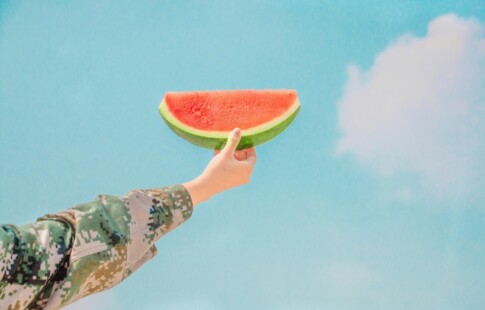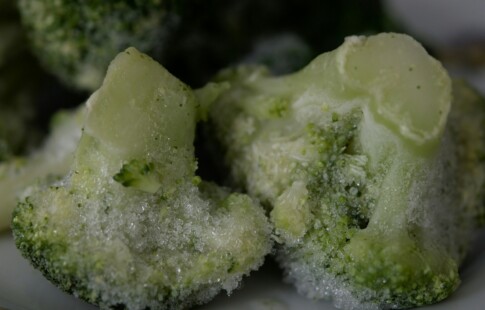
15 Vegetarian Protein Sources for Getting Your Daily Macros
We are reader-supported. When you buy through links on our site, we may earn affiliate commission.
The common assumption about plant-based diets is they don’t contain enough protein. This might be the case because of a lack of awareness of vegetarian protein sources. Learn about the most protein-dense options for vegetarian meals, while discovering staples that may already be a part of your diet.
How Much Protein Should I Eat in a Day?
Determining how much and what vegetarian protein sources to prioritize depends on your daily protein needs. Though you may be seeking a hard number, this is almost impossible to convey because lifestyle choices, fitness goals, and existing health conditions are only a few of the factors that play into protein requirements.
Here are a few generalized guidelines, though determining the exact number may only come from a licensed professional.
- Determine recommended caloric intake and make 10% to 35% protein.
- Sedentary lifestyles should strive for 0.8 grams per 2.2 pounds.
- People over the age of 40 should increase protein intake to prevent sarcopenia.
- People who are pregnant, undergoing cancer treatment, and living with other conditions may be prescribed higher-protein diets.
So, what options do you have? To clarify, these protein sources will be vegetarian-friendly. Some double as vegan protein choices but not all them. Learn more about these dietary distinctions before reading on.
1. Seitan
Serving size: 100 grams or 3.5 ounces
Protein per serving size: 25 grams
Seitan is also sometimes called wheat meat because it’s made from wheat gluten. It isn’t friendly for people with Celiac disease, but otherwise it is one of the most potent protein ingredients in vegetarian diets.
Buy it here: https://amzn.to/49ClKZL
2. Greek Yogurt
Serving size: 1 cup
Protein per serving size: 23 grams
Make this delicious breakfast or snack option even more protein-dense by adding nuts, berries and chia seeds to the mix. Starting your day with a high-protein meal is one of the best ways to regulate weight and stay satiated longer.
Buy it here: https://amzn.to/49ClKZL

3. Tempeh
Serving size: 100 grams or 3.5 ounces
Protein per serving size: 19 grams
Tempeh is made from fermented soybeans, which gives it a unique flavor. Soak it in any marinade or rub for a variety of applications.
Buy it here: https://amzn.to/49ClKZL
4. Lentils
Serving size: 198 grams or 1 cup, cooked
Protein per serving size: 18 grams
Curries and soups are instantly rich in protein with a cup-full of lentils. They are also high in fiber, making it your digestive system’s best friend.
Buy it here: https://amzn.to/49ClKZL
5. Mycoprotein
Serving size: 100 grams or 3.5 ounces
Protein per serving size: 16 grams
This is a fungus-based protein that is in meat alternatives. They can make up fake burger patties or come as powder. Fungi are high in fiber and other micronutrients in a healthy diet.
Buy it here: https://amzn.to/49ClKZL
6. Beans
Serving size: 170 grams or 1 cup, cooked
Protein per serving size: 15 to 18 grams
There has to be at least one type of beans you like. You have the options of pinto, chickpeas, kidney, and black beans, among countless others. Beans are one of the most nutritionally diverse food groups, with high amounts of potassium and iron to help blood pressure and cholesterol.
Buy it here: https://amzn.to/49ClKZL

7. Cottage Cheese
Serving size: 1/2 cup
Protein per serving size: 14 grams
Cottage cheese is having a moment, thanks to social media. What was once a contentious side dish is now blended into smoothies and used as a dipping sauce with mustard. Regardless of how you eat it, it’s a phenomenal source of vegetarian protein if you eat dairy.
Buy it here: https://amzn.to/49ClKZL
8. Ancient Grains
Serving size: Around 250 grams or 1 cup, cooked
Protein per serving size: Up to 12 grams
Skip the rice and try something completely different. Here are the most protein-packed ancient grains:
- Amaranth
- Einkorn
- Farro
- Khorasan wheat
- Spelt
- Teff
Buy it here: https://amzn.to/49ClKZL
9. Tofu
Serving size: 100 grams or 3.5 ounces
Protein per serving size: 8 grams
Tofu makes phenomenal burger bases, pseudo-steaks, and even fake bacon. Tofu is one of the most accessible and versatile, especially because it comes in degrees of firmness. It can even make a shake or dessert protein-dense.
Buy it here: https://amzn.to/49ClKZL
10. Hemp Seeds
Serving size: 20 grams or 2 tablespoons
Protein per serving size: 8 grams
Hemp seeds have numerous health benefits, like making the brain more resilient, defending against heart disease, and alleviating inflammation. Top everything from parfaits to salads with them.
But it here: https://amzn.to/3JqPFJu
11. Quinoa
Serving size: 185 grams or 1 cup, cooked
Protein per serving size: 8 grams
Quinoa is easy to prepare and served deliciously hot or cold. Their delightful texture is good in a soup or side dish.
Buy it here: https://amzn.to/49ClKZL
12. Spirulina
Serving size: 14 grams or 2 tablespoons
Protein per serving size: 8 grams
Spirulina is algae, which doesn’t sound the most appetizing, but it is actually a widely available supplement.
Buy it here: https://amzn.to/49ClKZL
13. Green Peas
Serving size: 1 cup
Protein per serving size: 8 grams
Pea protein supplements became popular for a time, but you can eat green peas by themselves to obtain similar benefits. If you follow a FODMAP diet, this could be the option for you.
Buy it here: https://amzn.to/49ClKZL
14. Nutritional Yeast
Serving size: 16 grams
Protein per serving size: 8 grams
Nutritional yeast is a flaky substance that has a cheese-like flavor. If you’re trying to go dairy-free, this is the main ingredient — alongside nuts, like cashews — responsible for making vegan cheeses.
Buy it here: https://amzn.to/49ClKZL
15. Eggs
Serving size: 1 large egg
Protein per serving size: 6 grams
If you are a vegetarian who still eats eggs, don’t forget how packed with protein they are. Most of the protein is in the white, but a good portion is still in the yolk.
Buy it here: https://amzn.to/49ClKZL
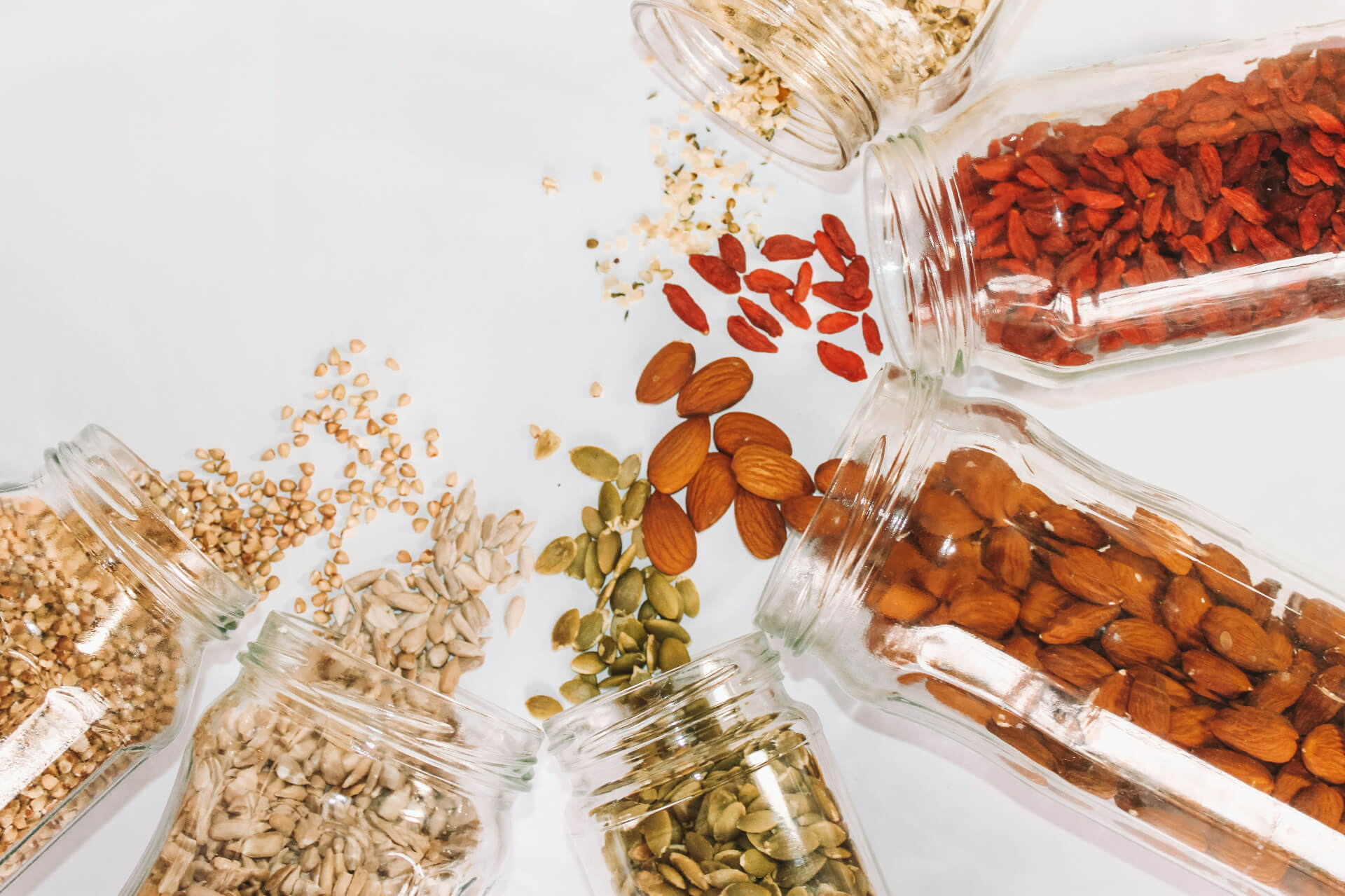
Even More Vegetarian Protein Sources
There are even more unsuspecting ways to incorporate protein into a vegetarian diet. Most people associate vegetables with carbs, but greens like broccoli, Brussels sprouts, and asparagus contain up to 5 grams of protein per cup. Even berries could have up to 4 grams. Another option is nuts and nut butters, which make a protein-rich snack or adder to salad, ranging from 5 to 7 grams of protein per ounce. Others include:
- Oats
- Sunflower and pumpkin seeds
- Whole wheat pasta
- Wild rice
- Chia seeds
- Plant-based milk substitutes
- Cheese
They may not be as macro-laden as seitan or tofu, but sprinkling them into yogurts, smoothies, and side dishes are excellent ways to amplify the nutritional value of every eating experience.
Share on
Like what you read? Join other Environment.co readers!
Get the latest updates on our planet by subscribing to the Environment.co newsletter!
About the author

Steve Russell
Steve is the Managing Editor of Environment.co and regularly contributes articles related to wildlife, biodiversity, and recycling. His passions include wildlife photography and bird watching.
